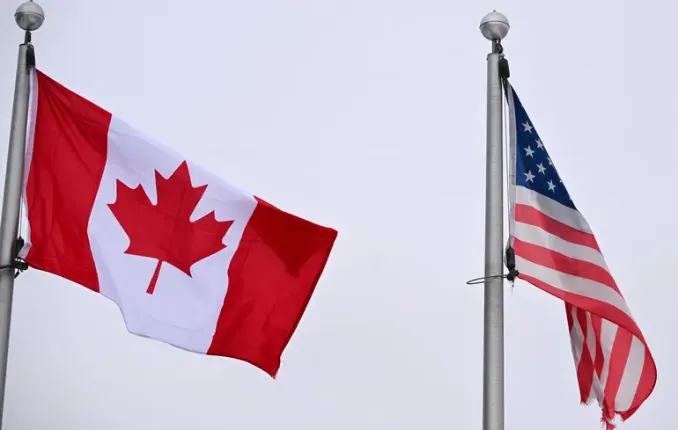Canada Withdraws Digital Tax: U.S. Reaction and Prospects for Trade Negotiations

In an unexpected move, the Canadian government decided to abandon its planned digital tax amid threats of trade escalation from the United States. This decision came just hours before the tax was scheduled to take effect and was intended to target major American technology giants such as Amazon, Meta, Google, and Apple, with a 3% levy on digital revenue generated from Canadian users for companies earning over $20 million annually. The cancellation was a response to stiff reactions from Washington, especially after U.S. President Donald Trump described the initiative as an "open attack" on American business and subsequently canceled scheduled bilateral trade talks. On the eve of these developments, Trump also threatened additional tariffs on Canadian imports, further complicating bilateral relations. In response, Canadian Prime Minister Mark Carney and President Trump agreed to resume negotiations aiming to establish a new economic agreement by July 21. These negotiations are continuation of discussions held during the G7 summit in June, where leaders agreed to finalize a trade deal within 30 days. Official U.S. Census Bureau data show that last year, U.S. exports to Canada totaled approximately $349.4 billion, with imports exceeding $412.7 billion. Canada remains the United States' second-largest trading partner after Mexico and is the biggest buyer of American goods. Despite recent tensions, both countries seek to reduce economic dependency on each other, including signing defense cooperation agreements with the European Union. In conclusion, the abrupt withdrawal of the digital tax signals an attempt to avoid escalation and preserve diplomatic and trade relations. However, the future of bilateral negotiations remains uncertain, hinting at a prolonged process of reaching mutual compromise.

